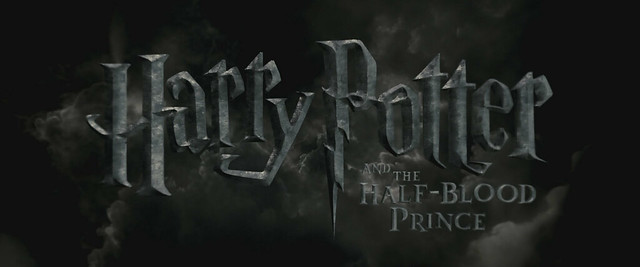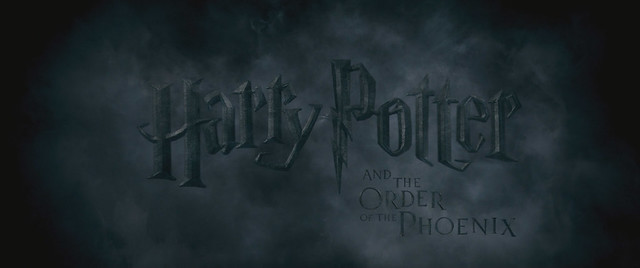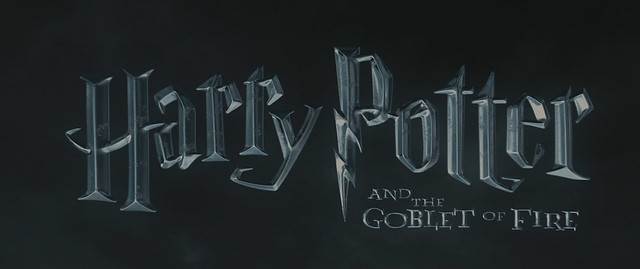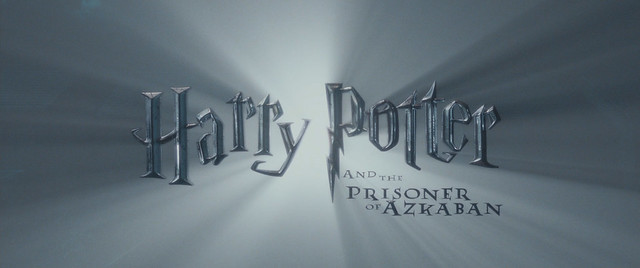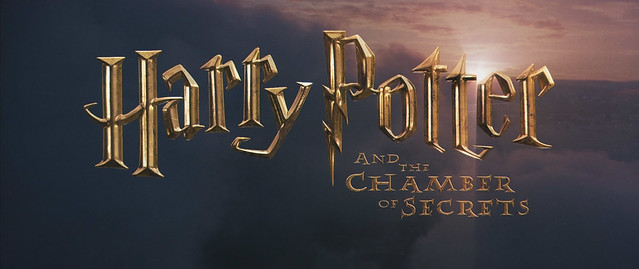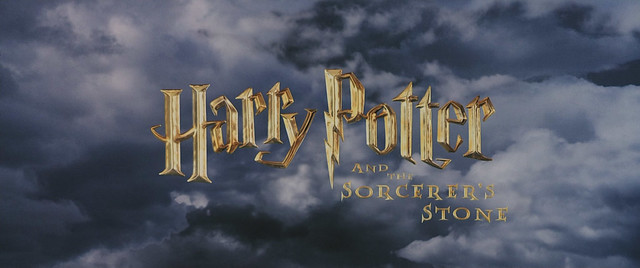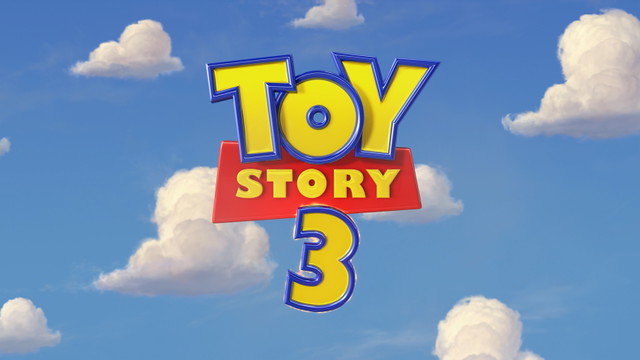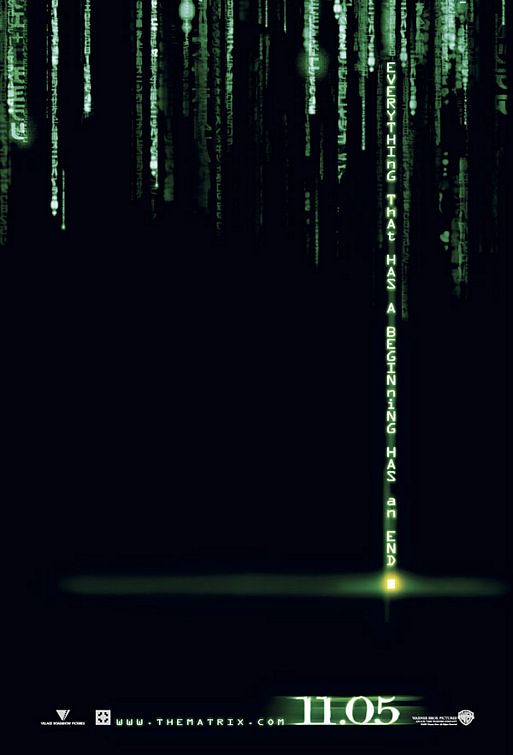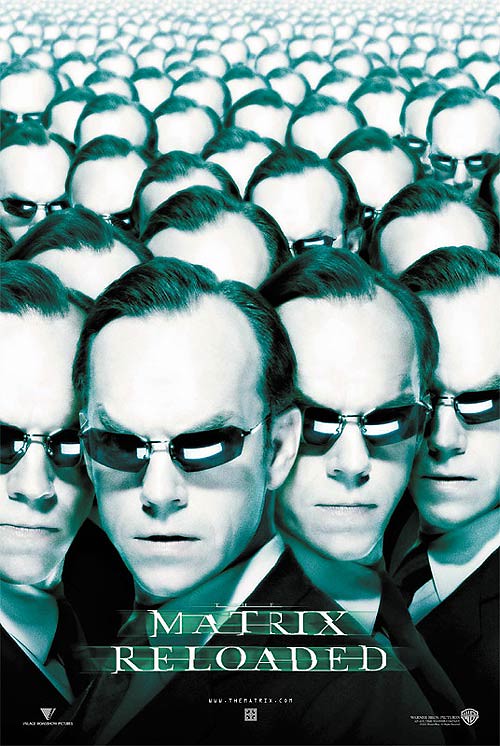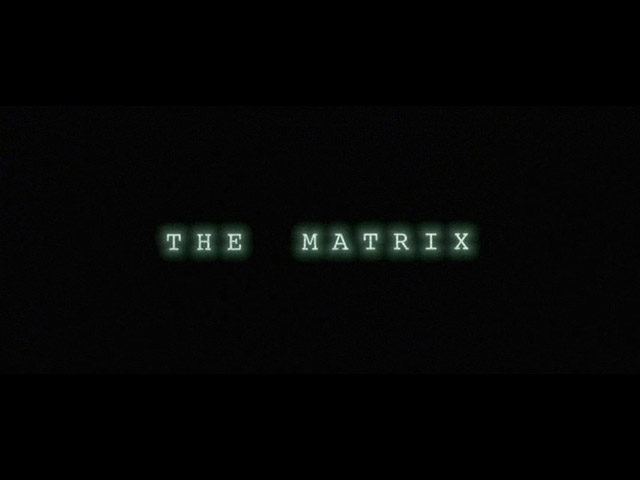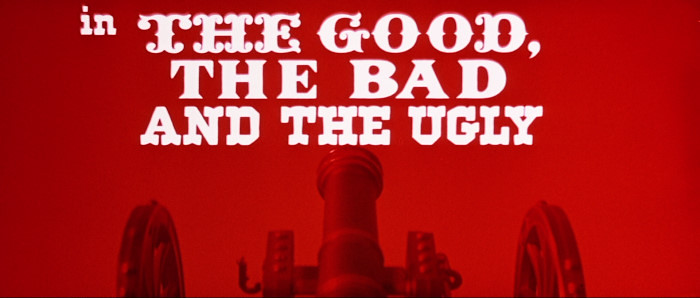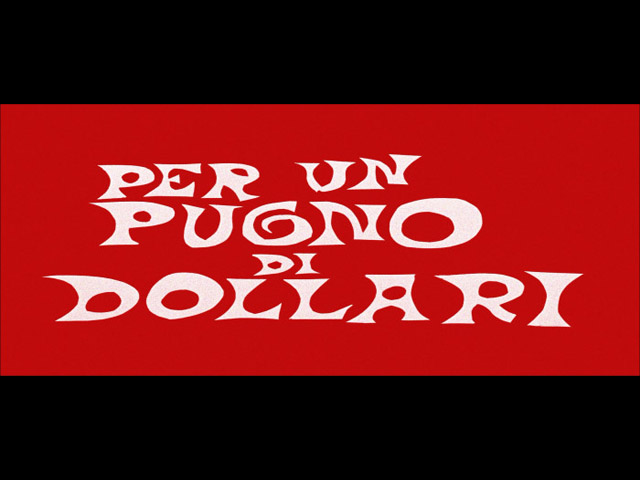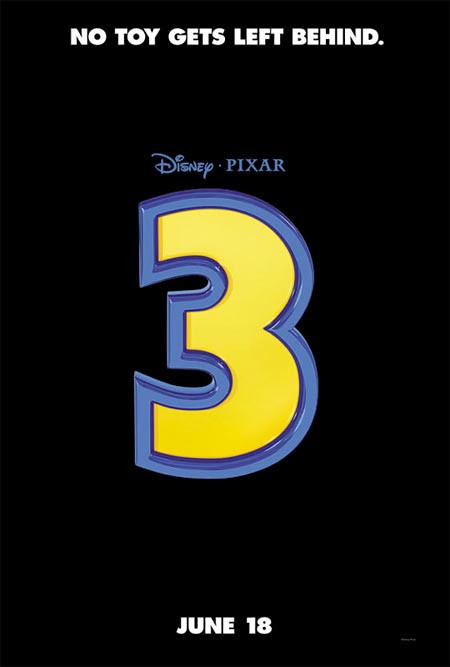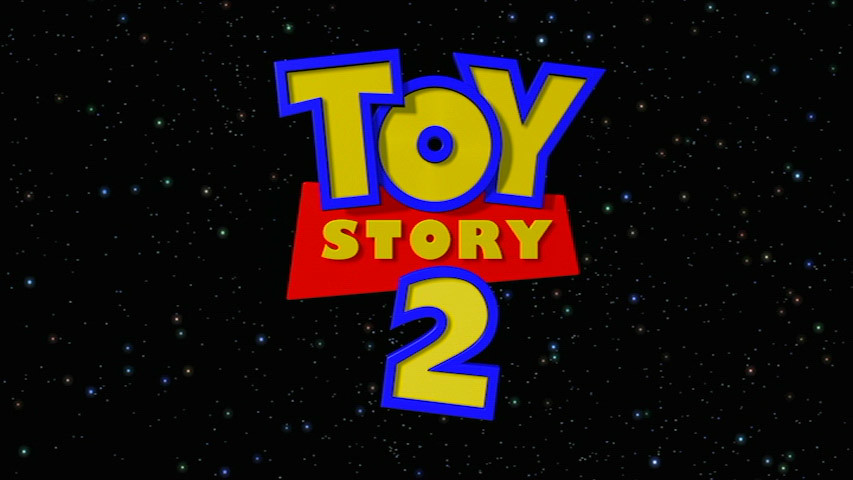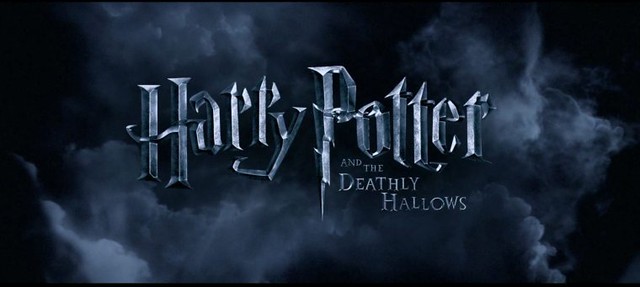
Well, for obvious reasons this is a tough one to get too into until I've seen both halves. It quite literally cuts off without the slightest semblance of resolution or anything. In fact it felt a lot like when I was a kid and we had movies on laserdisc, and I would watch Star Wars, and Grand Moff Tarkin, fed up with the princess's lies, would bark the order, "Terminate her! Immediately!" -- and at that exact moment, the disc would cut to black and wait to be flipped over. The end of this, with Voldemort snatching the Elder Wand from Dumbledore's dead hands, just after we bury Dobby (more on that in a moment), hasn't resolved anything. I mean, that's okay, at least in theory, because the book is vast, and apparently uncompressable, and you can make a lot more money if you release two 150-minute films rather than one five hour film, and that's what's done here. I refused to go see Kill Bill in theaters for this reason; I wasn't willing to fork over money twice for a single film, and I wasn't willing to try and understand a single story with a six-month gap between parts or whatever. Here I've gone ahead and done so, but I still can't judge this story until I see how any of these things pan out. Subsequently, all I can do are discuss scenes or elements, but not the overall narrative, which is frustrating. As such, this may come off even more like a list of hopefully-not-too-petty problems even more than usual. I legitimately don't know how this story ends; all I can do is judge what they've given me here.
And so, with due apologies:
The biggest problem is the "end" of this half, then, so let's start there. Harry and HermioRon are captured by Bellatrix and the Malfoy clan. Draco is forced to identify Harry, who's had an uglification spell cast on him, and the pressure is really on because, I guess, if he mis-identifies the most famous boy in everywhere, Voldemort will kill them all for the bother -- because Voldymac isn't interested in maybes, only sure things, and he values his soldiers just that little. Anyway, they all fear him and he's crazy and evil and I'm splitting hairs, but no no, let's stay on track here: Draco has to decide if this is really Harry. It's important, suffice to say. You'd think if he was on the fence, maybe he'd be swayed the existence of Hermione and Ron, who he probably recognizes as Harry's ginger sidekick and that one kooky chick who punched him in the nose three or four years ago. But okay, maybe he wasn't on the fence until he saw H&R, and so now he's 50/50 and still unsure. But then Bellatrix (which seems to be Helena Bonham Carter's Jack Sparrow impersonation, by the way... she seems to have wandered in from another, much more spastic film) sees that the snatcher bandits who brought them the kids have the fabled sword of Godric Griffindor. So she decides it's time to mount Hermione (why Hermione? I assume the answer is racism) and cut her a little for being racially impure. While she does this, Harry and Ron are thrown in a dungeon along with Luna Lovegood and Ollivander the wand merchant. Okay, I admit it, all of this is a snarky build up to right here: Ron and Harry are trapped in a dungeon and Hermione is being low-level tortured, and they are in the stronghold of the crazy evil bad guys, and magic is right out -- so how will they ever escape?
This is the kind of brilliant corner a writer wants to get his or her characters into, because it's these kind of moments that really show us what a character is made of, and there's nothing more exciting that when the hero is backed into a corner and still finds a way out. The trouble is, the writer actually has to come up with the way out, and the goal here is that the way out of the no-win scenario comes from an active character and is sufficiently clever to impress us. If the solution is too random or arbitrary or comes from unexpected third parties, well, it's kind of a cheat, isn't it, because our hero just got lucky, and when that is literally a plot device that comes out of nowhere we call this -- you guessed it -- deus ex machina. And if you have an elf magically pop in and break existing rules ("I can use magic; I'm an elf") and save the day with little to no effort, maybe it's called elfus ex machina, but no matter what you call it, that my friends is a plot device, and in case you can't tell from my tone, using it does run the risk of irking your audience. And then they get on their blogs and piss and moan about it, and nobody wins.
But seriously, that was a cheat of the worst kind, and just in case we didn't know how literally the storytellers were taking this Dobby-as-plot-device thing, he is killed immediately after saving the day, so we don't have the excess baggage of another character, one whose super rule-breaking magic might have come in handy again later. And then we have to mourn him, because he "died to save our hero," and the whole thing is just frustrating.
Okay, you know what? I'm being much more sarcastic than usual here, and it's actually not because I have some special hatred for this movie. In fact I don't. This is tangential, but the truth is I've become a little more sarcastic because I have become acutely aware of a funny kind of solitude in writing these Harry Potter rants. I feel like I'm uniquely positioned between those who don't love the stories and therefore haven't watched them all (or at all) and those who passionately love the stories and therefore watch them all uncritically. I may have even taxed my girlfriend's patience tonight with too many questions; even though they were all sincere and open I'm afraid they were all a little leading, as I was seeking out which things were plot holes, which things were shortcomings in translating to the big screen, and which things I merely missed or misunderstood. Long story short, my excess of acid is actually the result of indulgent self-consciousness. The further along in storytelling these mega-blockbusters got, I think the easier time they had selling their fans on each next installment, because they'd established a ride where hard questions weren't rewarded, and everyone had already agreed to enjoy the ride. (And it's not like I don't succumb to this phenomenon: anything from Labyrinth to Star Wars [even the "good trilogy"] to Indiana Jones doesn't hold up if you dig too deep, to one degree or another.)
I have a feeling the long, meandering bit in the various wildernesses of England did not need its full allotment of time to get across its point of hiding and reading, or whatever they were doing when they should have been racing around looking for the horcruxes and all. I have a feeling that that is one place they could have trimmed to get this story down to a single long movie. I have a feeling I will feel exhausted with the number of artifacts and fetishes this final story is going to make us obsess over, as it's already starting to feel like a Sierra King's Quest game with swords and rings and amulets and cloaks and wands and books and potions and everything -- I mean, no good wizard story could happen without magic items but I have a feeling this may constitute magic-item overload here. I also have a feeling all my big-picture questions like what the muggles understand (or experience) as Voldemort and his Death Eaters run around doing what they do, or why it's so hard for a room full of professional adult wizards to ever catch three plucky teens with amazing luck, or how much of the future Dumbledore could predict and how much he couldn't and why he had some glaring blindspots despite other moments of miraculous accuracy -- I have a feeling these will all remain largely unanswered.
On the other hand, I suspect and hope that more of Snape's backstory and motivation will come into play as the muggle genocide gets underway, and that the pathos of his sacrifice will be realized at least partially before we're done. I suspect and hope that many questions about Harry Potter and his parents will be answered, and that we will better understand what Voldemort's master plan actually is, and that the final showdown between Voldy and Harry will be big and nasty and taxing and I'm even holding out hope that despite the Dobby Incident above, the end of the whole series will probably be less of a cheat and more about the inner strength and bravery in Harry, and that love will probably play a part -- possibly the love between Hermione and Ron, which seems a little random from a prophecy standpoint but more or less sound from a dramatic one -- and that we will see in the end that a lot of people worked in a lot of ways behind the scenes to make sure Harry is prepared for that final showdown, and to make sure that Harry wins in the end. I also suspect and hope that things will get a lot worse, a lot darker, before they get remotely better.
But I reserve final judgment on all such things until the whole story is told. And until this summer when Part 2 finally comes out, I shelve all these concerns and complaints, criticisms and witticisms (see what I did there?), and move on to other worlds and interests and passions. From the beginning I feel like I've been simultaneously shooting fish in a barrel and beating a dead horse (and raining on my friends and loved ones' parade, while we're mixing metaphors), but I also feel that for the last ten-plus years I've been goaded endlessly into the position I'm now in, answering the claim by so many people that the series can be enjoyed by intelligent adults as well as dumb old kids.
I'm really not trying to pick a fight with anyone, and I can name a dozen or more popular series I like or would like a lot less than Harry Potter, and I'm openly admitting that the books do sound better than the movies with regards to at least many of my complaints. I do not hold anything (more or less than I did before) against the books. But I get the feeling most of these films only work as dim reflections of the novels, as accompaniment for those who enjoy the books and want to return. It's exactly how I feel about the recent Hitchhiker's Guide to the Galaxy film, for example, or the Watchmen movie. The bottom line is, I'm not an enormous fan of the Harry Potter movies. They are uneven, overlong, kind of graceless, and lack a certain special something (a certain "magic" if you will). They don't feel like they were made out of passion but out of rote, like they were made because the thing simply had to exist. There was a demand, and the demand was met.
But that's just me. Quite obviously, your mileage may vary.
Seen at the Regal Broadway Metroplex.

